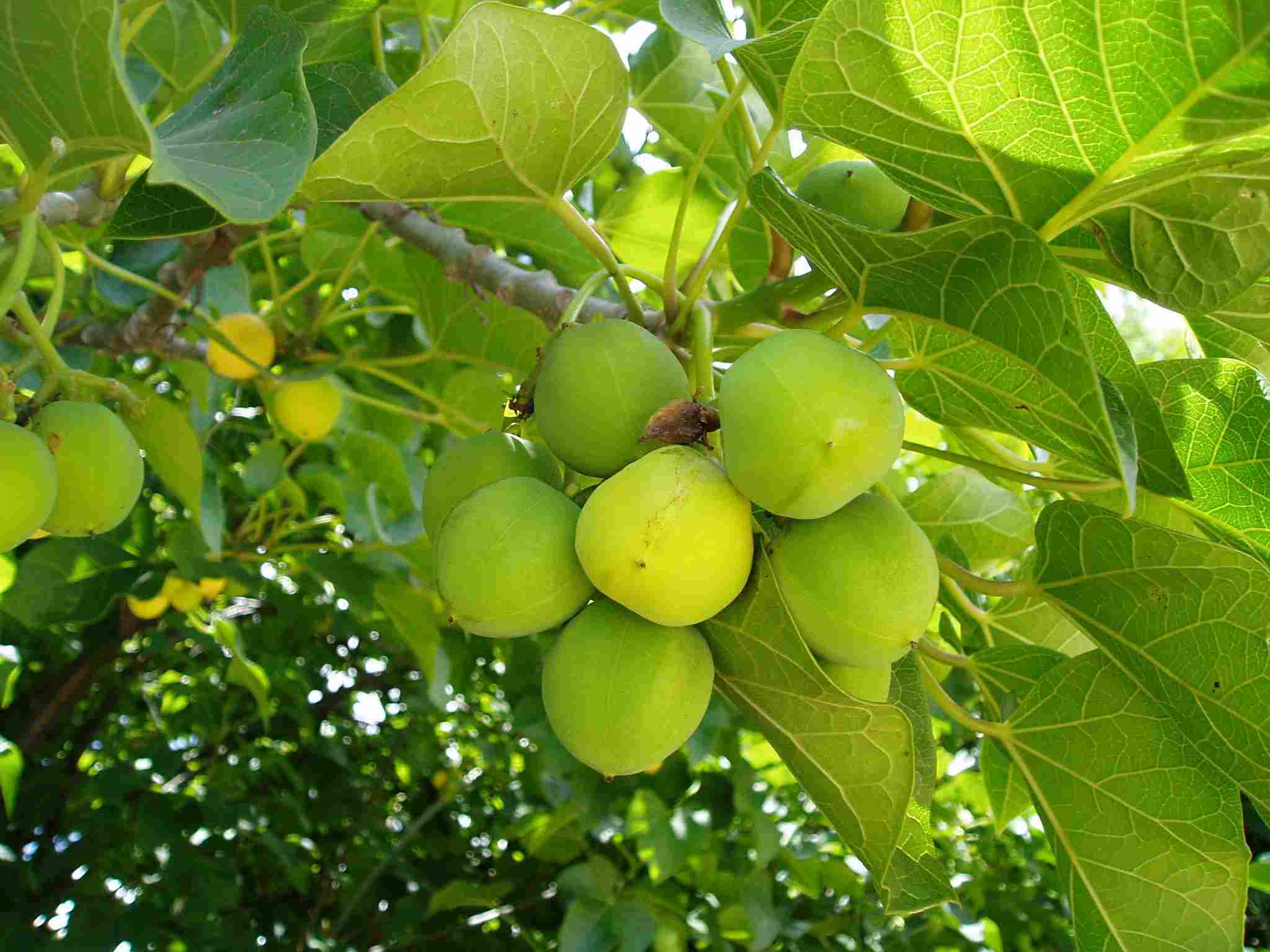Desert 'carbon Farming' To Curb CO2
페이지 정보

본문
Desert 'carbon farming' to curb CO2

1 August 2013
Share
close panel
Share page
Copy link
About sharing
By Matt McGrath
Environment correspondent, BBC News
Scientists state that planting large numbers of jatropha trees in desert locations could be an efficient way of suppressing emissions of CO2.
Dubbed "carbon farming", researchers say the idea is economically competitive with high-tech carbon capture and storage jobs.
But critics say the idea might be have unexpected, unfavorable impacts consisting of increasing food rates.
The research study has actually been released, external in the journal Earth System Dynamics.
Seeds of modification
Jatropha curcas is a plant that came from in Central America and is extremely well adapted to severe conditions including extremely arid deserts.
It is already grown as a biofuel, external in some parts of the world due to the fact that its seeds can produce oil.
In this study, German scientists revealed that a person hectare of jatropha could catch as much as 25 tonnes of co2 from the atmosphere every year. The scientists based their estimates on trees currently growing in trial plots in Egypt and in the Negev desert.
"The results are overwhelming," stated Prof Klaus Becker, from the University of Hohenheim in Stuttgart.
"There was good growth, a great response from these plants. I feel there will be no problem trying it on a much larger scale, for instance ten thousand hectares in the beginning," he stated.
According to the researchers a plantation that would cover 3 percent of the Arabian desert would take in all the CO2 produced by vehicles and trucks in Germany over a twenty years period.
The researchers say that an important aspect of the strategy would be the accessibility of desalination facilities. This suggests that initially, any plantations would be confined to coastal locations.
They are wishing to establish larger trials in desert locations of Oman or Qatar. Prof Becker states that unlike other plans that simply balance out the carbon that individuals produce, the planting of jatropha could be a great, brief term solution to environment change.
"I think it is a good idea because we are really extracting carbon dioxide from the environment - and it is totally different between extracting and avoiding."
According to the scientist's calculations the costs of suppressing co2 by means of the planting of trees would be in between 42 and 63 euros per tonne. This makes it competitive with other techniques, such as the more high tech carbon capture and storage, external (CCS).
A variety of countries are presently trialling this innovation, external however it has yet to be deployed commercially.
Growing jatropha not only soaks up CO2 but has other . The plants would assist to make desert areas more habitable, and the plant's seeds can be gathered for biofuel say the scientists, offering an economic return.
"Jatropha is perfect to be developed into biokerosene - it is even better than biodiesel," said Prof Becker.
But other specialists in this location are not convinced. They point to the reality that in 2007 and 2008 large numbers of jatropha trees were planted for biofuel, particularly in Africa. But a number of these endeavors ended in tears,, external as the plants were not very successful in managing dry conditions.
Lucy Hurn is the biofuels campaign manager for the charity, Actionaid. She states that while jatropha was when viewed as the great, green hope the truth was really various.
"When jatropha was introduced it was seen as a wonder crop, it would grow on scrubland or minimal land," she said.
"But there are often people who require marginal land to graze their animals, they are getting food from that location - we wouldn't class the land as limited."
She pointed out that jatropha is highly toxic and can contaminate the land it is grown on, even in a desert. And she likewise had concerns about the fairness of the idea.
"It is still someone else's land. Why go in and grow these huge plantations to deal with an issue these people didn't actually cause?"
Follow Matt on Twitter, external.
'Carpets of seaweed' grown for fuel. Video, 00:03:05'Carpets of seaweed' grown for fuel
1 July 2013
Biofuels are 'irrational technique'
Published
15 April 2013
Related web links
Universität Hohenheim
European Geosciences Union
The BBC is not accountable for the content of external sites.
- 이전글The Ultimate Guide to Mastering the "First Goal, Last Goal, No Goals" Betting Market in Football 25.01.14
- 다음글Jatropha a Practical Alternative Renewable Resource 25.01.12
댓글목록
등록된 댓글이 없습니다.


